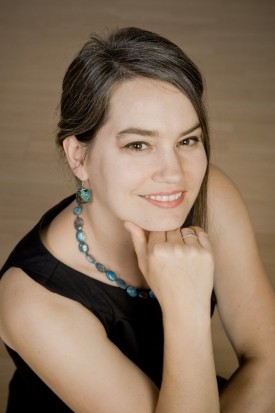How are you applying your graduate degree in English from Concordia to your work today?
I draw most immediately on my experience teaching composition as a teaching assistant, the creative writing aspects of my studies and a course that examined the theory of the novel. Above all, I rely on the example of friends and teachers for whom nothing was more important than poetry, in particular, and literature, in general.
What do you value most from your experience in the Department of English at Concordia?
What was and remains most valuable are the friends I made and still have from that time, both among my cohort and among the faculty with whom I studied.
3. Is there a particular memory that stands out from your time at Concordia?
Before I took a course on the literature of the Beat Generation, I could not read a poem of Ginsberg’s without tossing the book across the room. Because of the high esteem I had for the instructor, I took it upon myself to read all the books by the authors on the syllabus and exchanged a bunch of old LPs for bebop records. I also took to wearing chinos or jeans and plaid shirts, while indulging in other Beat behaviours. By the end of the course, I appreciated Ginsberg’s poetry and discovered the quasi-Poundian “global narrative” technique of Burroughs. The course also allowed me to recognize the sharp, hard, clear orientalism of Snyder and rediscover Ferlinghetti, an early favourite of mine from high school. This experience was a lesson in learning, empathy and how to escape one’s own inevitably limited taste.











